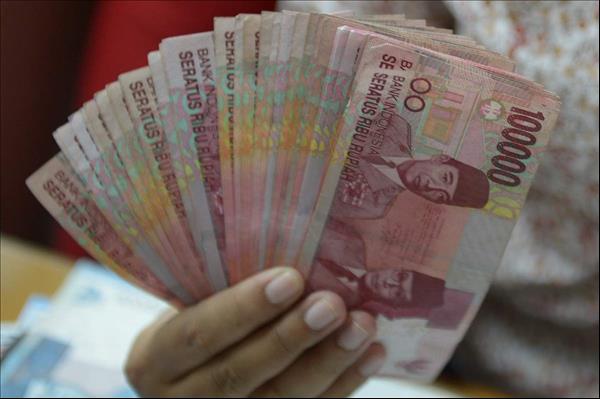
Asian equities and Wall Street's macro mood swings
As the world's central banks reduce the post-Lehman global liquidity pump, the benchmark yield on the 10-year US Treasury note could rise to 2.80 per cent. This is a steroid shot for US money center banks, fresh from their spectacular performance in the Federal Reserve's stress tests, the new sector leaders in the stock market are JPMorgan, Bank of America and Citigroup shares have risen 10-12 per cent since May, the prospect of higher net interest rate margins, rollback of Dodd Frank, higher returns on equity, dividend payouts and share buybacks.
Yet the rise in the 10-year Treasury bond yield in response to economic growth is bullish, not bearish, for global equities, whose market cap has risen by $9 trillion even as the yield on the ten year US Treasury note rose by 100 basis points since July 2016. This monetary equation can continue as long as a inflation scare does not force the Federal Reserve into a more aggressive path of interest rate hikes. Dr Yellen's Congressional testimony downplayed the risk of this scenario last week. The June payrolls data's 0.2 per cent average hourly earnings growth and the post Vienna fall in Brent crude oil shows inflation is well below the US central bank's two per cent dual mandate target. Corporate bond spreads have not widened since the last FOMC or blowout 222,000 growth in June payrolls but high yield (20 per cent energy issuers) has been the Cinderella of the debt market since March. This is telltale sign of debt market stress.Consensus on the Street expects eight per cent growth in second quarter earnings. EPS growth was 14 per cent in first quarter 2017, anchored by seven per cent revenue growth. This lowered expectation for EPS growth should not be difficult for the best and brightest in the S & P 500 to achieve. The economic cycle is mature but not moribund. I doubt if peak earnings will kill the bull market though valuations are expensive and balance sheet of corporate America leveraged by a decade of share buybacks and financial engineering.
It is no coincidence that Asian equities have outperformed even the MSCI emerging markets index. The MSCI Asia ex-Japan index has returned a phenomenal 23 per cent in 2017, more than thrice the return of the S & P 500 index. There was no hard landing in China, Trump's "America First" rhetoric did not escalate into a full scale trade war and the collapse in crude oil prices was a $100 billion windfall for Asian oil importers. The reformist initiative of Asian governments - India's Goods and Services Tax, South Korea's crackdown against the chaebol conglomerates, China's Shanghai/Shenzhen Connect with the Hong Kong stock exchange and Indonesia's tax amnesty - attracted a tsunami of offshore capital to Asian funds. Despite the fabulous 2017 bull run, MSCI Asia ex-Japan now trades at 1.6 times book value, inexpensive compared to an S & P 500 index that trades at three times book value.While I have concentrated on specific themes in Asia - growth of e-commerce and online payments (Alibaba) bank restructuring (Standard Chartered Bank) and corporate business model reinvention (Sony), I also invest in country funds if its macro stars are aligned to deliver a secular bull market.
This is the case with the kingdom of smiles, once known as the kingdom of Siam. Thailand. A year after the death of its revered King Bhumibol, the Thai economy is on the eve of a classic economic recovery, thanks to double digit export growth, a record rise in tourist arrivals, government infrastructure spending, a rise in rural incomes and Japanese investment in auto/electronics supply chains. The beaches of Kho Simoi and Phuket are thronged not just with Brits and Aussies bur Russian, Chinese, Indian and Japanese tourists. I believe the SET index is undervalued at 14.5 times forward earnings, 3.6 times forward dividend yield and seven times enterprise value/Ebitda. Thailand could be the best-performing stock market in Southeast Asia in 2018. The worst? Malaysia, Southeast Asia's only oil, gas and LNG exporter.The writer is a global equities strategist and fund manager. He can be contacted at .

Legal Disclaimer:
MENAFN provides the
information “as is” without warranty of any kind. We do not accept
any responsibility or liability for the accuracy, content, images,
videos, licenses, completeness, legality, or reliability of the information
contained in this article. If you have any complaints or copyright
issues related to this article, kindly contact the provider above.


















Comments
No comment